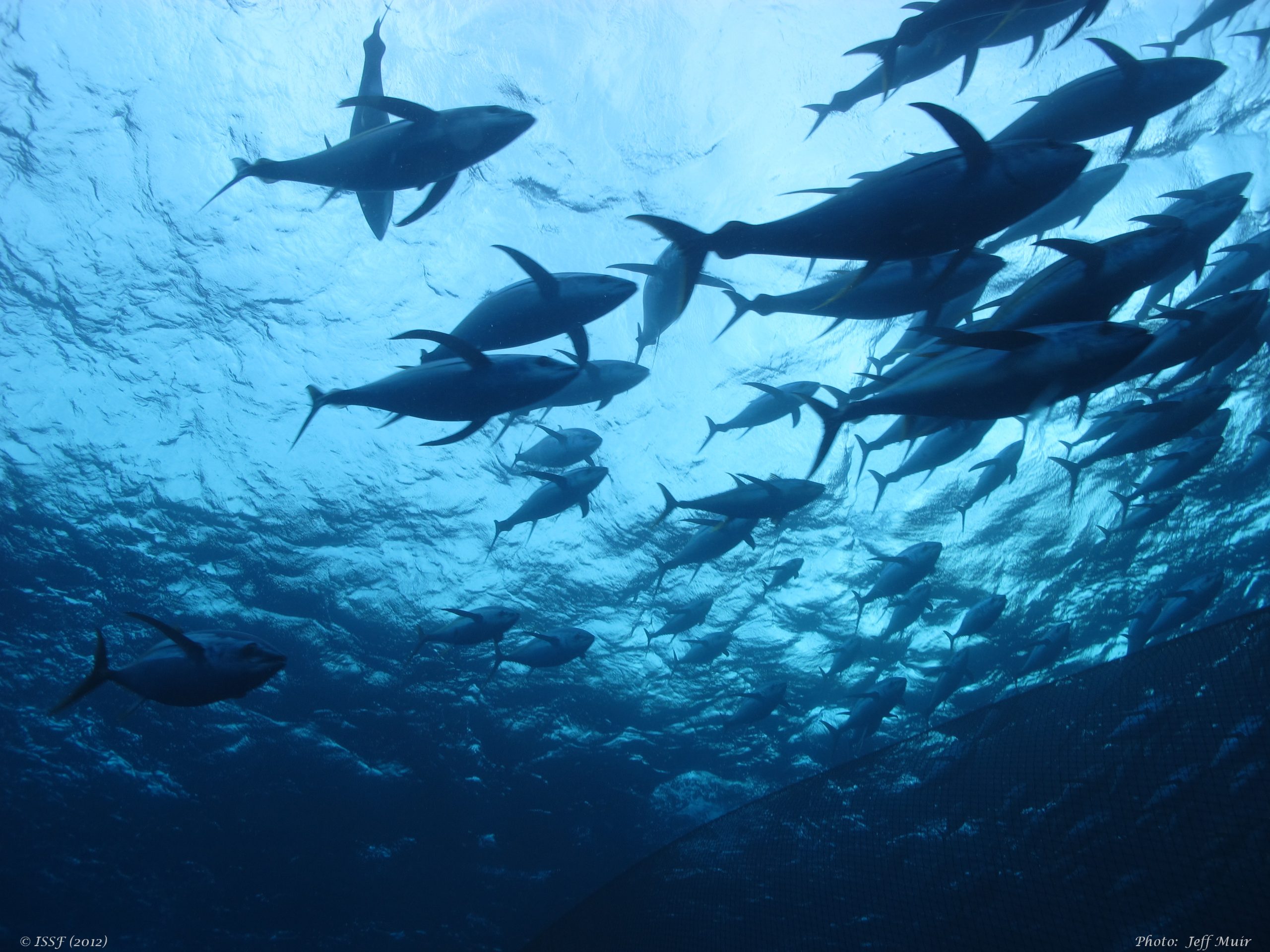July 14, 2025

Climate change has substantial implications for global fisheries. In fact, scientists project that related losses in fish biomass production in the coming decades will occur in many regions, including countries such as the Federated States of Micronesia and Portugal, that rely substantially on aquatic foods for their domestic protein supply. Further, climate change is already causing changes to geographic species distributions and species life histories, including aspects such as growth and reproduction, for stocks around the world.
In the face of these and other severe impacts, fisheries managers can develop and implement climate adaptive fisheries management measures including harvest strategies (HS), which are also known as management procedures. These strategies shift management of a fish stock from short-term and reactive decision-making to longer-term objectives, such as growing a fish population’s size, to support sustainable and profitable fisheries. HS are underpinned by a scientific assessment process known as management strategy evaluation (MSE), which ensures that management objectives can be met under a variety of environmental conditions. HS are also designed to help fisheries adapt to changing conditions.
To learn more about the intersection of HS and climate change, we performed a rapid review of recent peer-reviewed literature and found that:
To date, the results of this review have been shared with several RFMOs, including the North Pacific Fisheries Commission, the South Pacific Regional Fisheries Management Organisation, and the International Commission for the Conservation of Atlantic Tunas, and we hope that more fisheries managers will consider the results of the science in thinking through the role that harvest strategies can play in navigating the impacts of climate change to fisheries.
Dr. Emily Klein and Dr. Ellen Ward are officers working on The Pew Charitable Trusts’ conservation support and conservation science teams.
Ellen Ward, Ph.D., works with Pew’s conservation support team, where she focuses on furthering climate adaptation and resilience solutions in the U.S. and internationally.
Prior to joining Pew, Ward worked for the National Oceanic and Atmospheric Administration (NOAA) as an international affairs specialist focused on climate change, water resources, and deep seabed mining, including representing the agency at negotiations of the International Seabed Authority in Jamaica. She previously worked on habitat conservation issues for NOAA Fisheries in Alaska and on water resources management for the Government of Yukon, Canada.
Ward holds a bachelor’s degree in physics from Columbia University and a master’s and Ph.D. in earth system science from Stanford University.
Emily Klein, Ph.D., leads Pew’s work to design research projects that use innovative analytical and modeling tools to improve what we know about marine and freshwater systems, and the human connections to them. She also works to advance inclusion, diversity, and equity within Pew, across our grantees, and in the natural sciences.
Before joining Pew, Klein studied the complex connections between people and nature to support future sustainability with Boston University’s Frederick S. Pardee Center for the Study of the Longer-Range Future. While there, she managed a project in collaboration with the Bureau of Ocean Energy Management to apply ecosystem models to inform decisions about sand mining for beach renourishment in offshore waters of the New England and the mid-Atlantic regions. Prior to this work, Klein employed models and other tools to support marine management and decision-making, including for marine protected areas under climate change in the Antarctic, and to investigate interactions between management and fishing communities.
Klein holds a bachelor’s degree in ecology, behavior, and evolution from the University of California at San Diego, a master’s in environmental conservation and doctorate in natural resources and earth systems science from the University of New Hampshire.